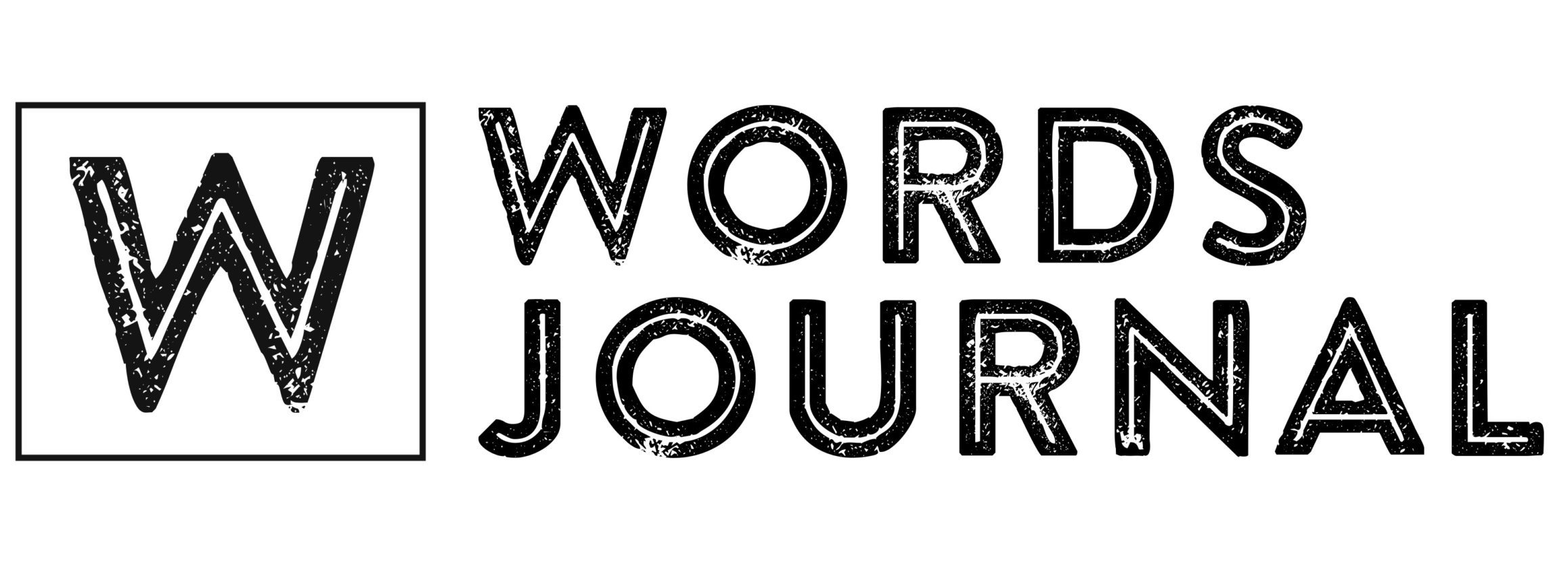Since the third week of February 2024, a serious cyberattack has severely damaged the Change Healthcare clearinghouse. A clearinghouse is a platform that allows data transfers between payers and providers, essentially creating the pathway for healthcare providers to get paid. The Change Healthcare clearinghouse in particular is especially prominent- it handles 15 billion healthcare transactions annually, which is 1 in 3 patient records.
This clearinghouse being compromised causes major disruption for the healthcare system. This platform handles about 50% of medical claims in the United States, which are filed by about 900,000 physicians per year. The cyberattack impaired the largest processor of prescription medicine, which handles billing for over 67,000 pharmacies across the US. It is essential that Change Healthcare’s security integrity is preserved, or millions of healthcare transactions will be disrupted.
Conclusion
Decentralizing clearinghouses is essential to avoiding similar cyberattacks in the future. Redundant payer systems can be created by sending transactions through multiple clearinghouses, which prevents the danger of data loss in the system. It also reduces the possibility of healthcare providers not getting paid on time, which could cause serious financial problems. This decentralization process has been started by a number of clearinghouses, including Waystar, Experian Health, Availity, and Change Healthcare.

Source: Orbit Healthcare
